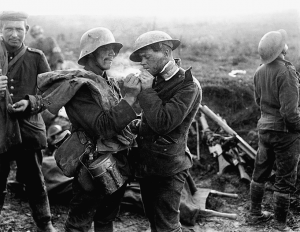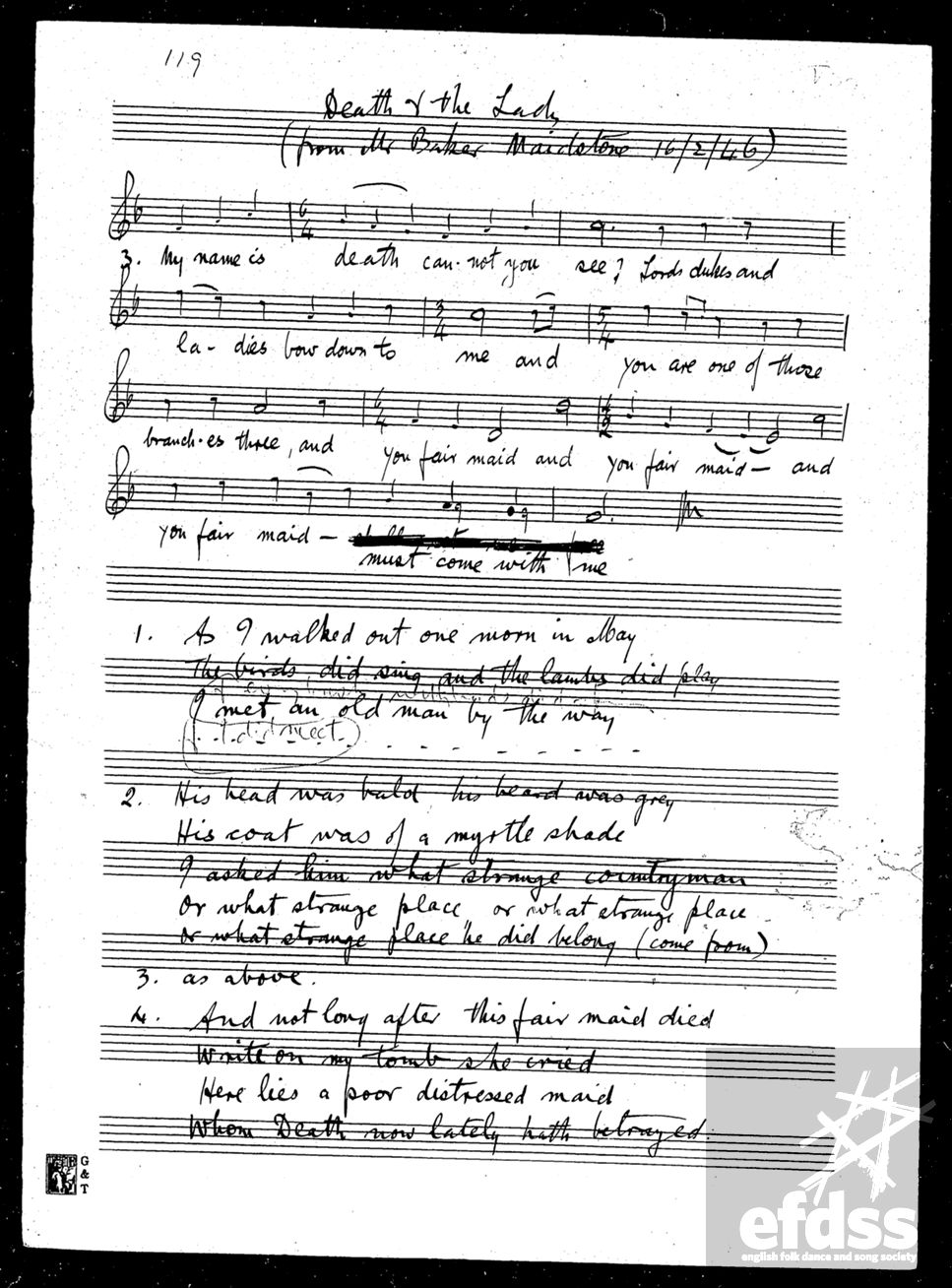A couple of weeks ago I heard that Larry Gordon – great enthusiast for and promoter of Shape Note singing, and leader of numerous choirs, most notably Northern Harmony – had fallen off his bike, sustained irreversible brain damage and would shortly be taken off the ventilator. That same evening I heard that Barry Coope had died after a short illness. I didn’t know either man well. I’d probably not seen Larry for 20 years, and while Barry and I would say hello if we bumped into each other at a festival, that was about it. But the sudden, unexpected nature of their deaths – and, to be honest, the fact that Barry was only a few years older than me – made me feel quite emotional. The next day I found myself turning to songs associated with Larry and Barry which seemed appropriate. In Larry’s case it was a favourite Shape Note piece, ‘Parting Friends’, which he recorded with both the Word of Mouth Chorus and the Bayley-Hazen Singers. For Barry, it was Coope Boyes & Simpson’s sublime arrangement of ‘Only Remembered’.
That’s as perfect a slice of vocal harmony as you’re ever likely to hear. And if you search YouTube you’ll find other live recordings of the song, demonstrating that it was not just in the recording studio that they were able to attain this perfection.
‘Only Remembered’ started off as a hymn with words by Free Church of Scotland minister Horatius Bonar (1808-1889). The tune was composed by the prolific Ira Sankey – you can find the words and score at hymnary.org. It was adapted by John Tams for use in the stage production of Warhorse – in particular he made it less overtly religious by writing a new last verse (“Who’ll sing the anthems, who’ll tell the story” strikes me as particularly Tamsian line). And then it was adapted further by CBS – the rhythm changed from 4/4 to 3/4, and the harmonies are all their own.
I’d never thought of learning this song previously, but set about it immediately. Initially I toyed with learning the original version from my copy of Sankey’s Sacred Songs & Solos. But I soon decided that, as it was the CBS version that had made me want to learn the song, that’s what I should sing. I made this recording at the weekend. It’s not perfect. The concertina accompaniment is still in development. But I wanted to get it down and posted straightaway, as just a small tribute to an absolutely wonderful singer.
On their weekly radio show, Thank Goodness it’s Folk, James Fagan and Sam Hindley presented a tribute to Barry just a few days after he died. It could have been a solemn affair, but in fact it turned out to be a rather joyful celebration of, as guest Ray Hearne put it, a man with a heart of gold and a voice of silver. You can hear the programme on Mixcloud.
Only Remembered
Andy Turner: vocal, C/G anglo-concertina















